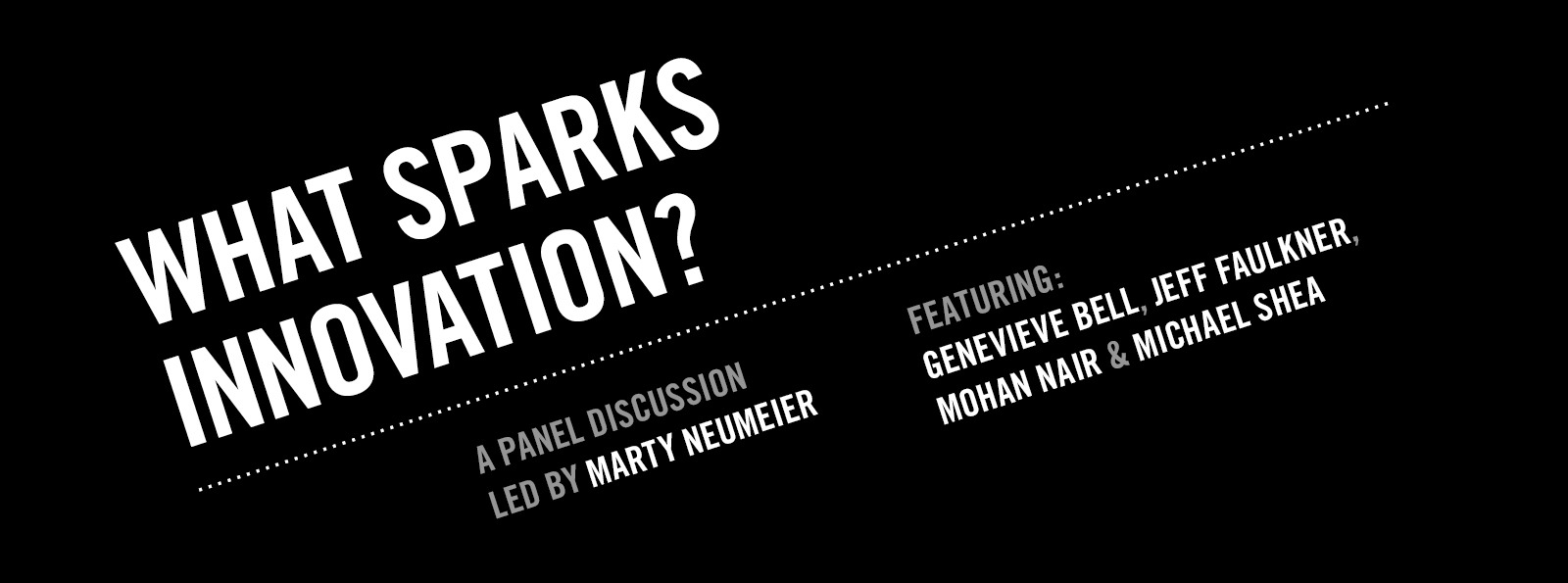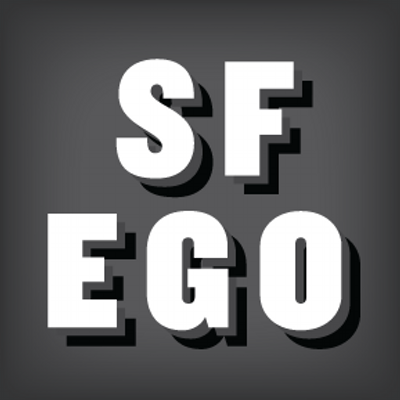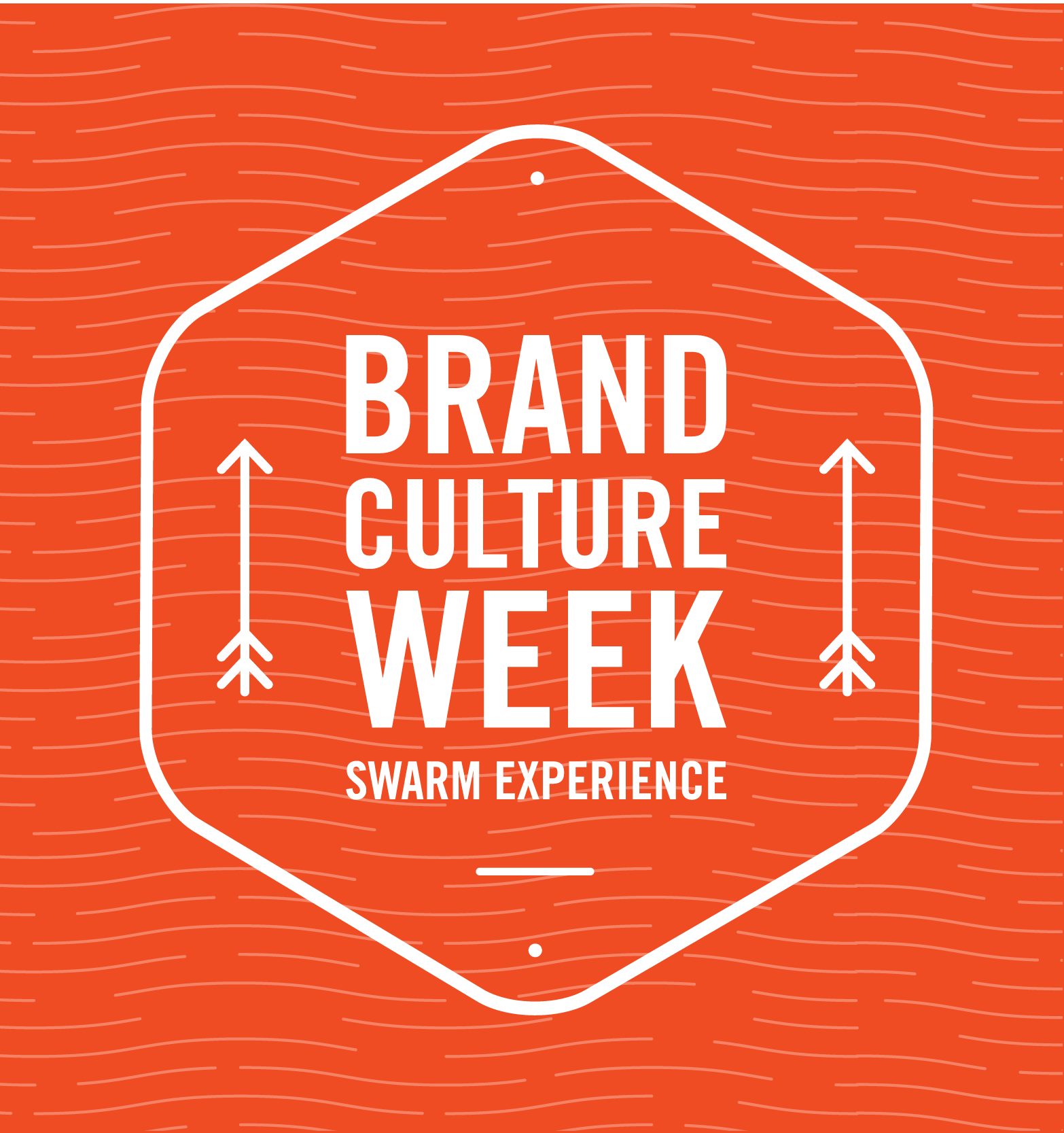A cause greater than yourself: Mohan Nair on innovation
Mother Teresa was a better entrepreneur than Steve Jobs. Creativity is subordinate to innovation. Marketing tends toward delusion. And the old, narcissistic principles of business will destroy you. These are among the ideas we gleaned from a recent interview with Mohan Nair, author of Strategic Business Transformation (Wiley, 2011) and Chief Innovation Officer at Cambia Health Solutions, a nonprofit parent and holding company that aims to transform healthcare. Mohan will be a panelist in the “What Sparks Innovation?” conversation presented by Liquid on October 7 as part of Design Week Portland. Below is Part One of his conversation with writer Tiffany Lee Brown.
We talk a lot about innovation, but people aren’t always in agreement as to what it means. How would you define innovation, and how does it relate to creativity, inventiveness, originality?
“Invention” is creation; it’s creating something out of nothing. “Innovation,” in my mind, is organizing these creations into a practical solution. It’s incremental and transformative, and it lives within all of us. Innovation is the agent of transformation. When you’re innovating, you’re using the tools to transform your business.
“Creativity” is subordinate to innovation, but it is the fuel for innovation. “Originality” is about delivering a unique value proposition for those you wish to serve—it’s what you deliver when you do something that’s unique, to engage people, engage consumers. “Inventiveness” is a thing you say to impress people; I don’t know what that means. [Laughter]
“Unknown unknowns” come up frequently in your book, Strategic Business Transformation, and in a popular TEDx Portland talk you gave. What are some specific examples of unknown unknowns?
Unknown unknowns was a military term used many years ago to define those things that weren’t planned—unknowns that have yet to be defined, like 9/11 was an unknown unknown. In local business, Blockbuster is an example. Their business model never anticipated Netflix; it wasn’t even in their strategic plan to look at competitors that would actually redefine the way people paid for movies. The whole idea of Apple’s introduction of iTunes in the music industry redefined the predictability of buying music, from LPs and EPs to CDs to on and on. I could list the companies that were subject to the unknown unknowns, that disappeared from the face of the earth.
There are some subtle unknown unknowns, also. Eight years ago, the iPhone didn’t exist. It’s only been eight years, and now people are standing in line to get the next one just because they want it. It’s not because there’s more functionality that’s completely necessary—they just want it. Nobody anticipated “I want it just because it’s there.” They always had a value proposition: you’d talk about the price and the value. Well, thousands of people are waiting in line to be the first one just because they want to be the first one—that’s an unknown unknown. It’s a perspective that you never really knew existed, or a product you never thought of, or a disaster you never thought would happen to you. You decide to call it an unknown only when it appears.
How does innovative thinking help people deal with that uncertainty?
We in the business world strategize around “known unknowns.” We say, “What would we do if this happened to that,” we sort of design the future with risk management. But some other things really are not manageable; they come from nowhere. And if you live in the world of practical benefits and price without living in the world of symbolism—as an artist, musician, teacher as well as a product manager—you’ll be subject to day-to-day unknown unknowns that will destroy your business. I studied this for twenty years, the whole idea of transformation and dealing with the unknown unknowns, because when you look at how to transform your business, you can’t use narcissistic tools that put you in the center of the world all the time. You can’t say, “OK, now I’m going to draw the world around me.” You have to have a new set of principles.
The principles of “It’s all about me, I make the market” were appreciated and wonderful, but they have to be different. The principles now are: It’s not about you, it’s about the people you want to transform and the companies you want to change. It’s about changing yourself before you change others. It’s about authenticity and honesty in the market, and it’s about truth being the vernacular rather than spin. The world has shifted. The world has shifted in principles. And if you work under the old principles, you’ll be subject to the unknown unknowns destroying you. Using your values as a person is the thing that the audiences are responding to now.
Authenticity is another concept people are throwing around an awful lot these days without sitting down to define it. How do you feel about what authenticity actually means, especially to branding and marketing people? Because we can spin all kinds of stuff…
You can even spin authenticity.
Oh yeah.
We have so many layers of delusion. Marketing tends to be the art of delusion rather than the art of elevating the truth. If you base yourself on the truth as you see it, it may be a lie to others but if you see the truth and you enable it, it becomes much more powerful. Authenticity comes from that source. As a marketer, as an individual, as a truth-teller, if you don’t choose your values to be truth, you choose your values to be spin. People who think in the world of markets, you have to use different iconic leaders, choose people to follow who don’t do that.
Who are some innovators that inspire you?
I pick Gandhi, I pick Mother Teresa as my entrepreneuring light. When they see truth, when they see the suffering and indignity of others, they challenge the whole world to transform. That’s where the power comes.
If you find a cause greater than yourself, a purpose that can be taken by you, authenticity becomes the output of it. You become authentic. But if you’re always about, “How do I make something look good, how do I spin it?” then you’re not dealing with causes; you’re taking on a mission to convert others. Causes are taken, missions are given. If you’re given a mission to convert people’s minds—without a purpose behind it, without a cause that drives you that transforms the world to be a better place, then you end up becoming narcissistic, and authenticity disappears.
We often pick businesspeople as innovators—like Steve Jobs is always on everyone’s top five list—but that fact is, Mother Theresa and Gandhi and Nelson Mandela were true entrepreneurs.
Mohan Nair
Chief Innovation Officer, Cambia Health Solutions
Are there innovators in the business sphere that you think of as people you would like to follow, straight-up business people?
Yes. Mark Benioff is the CEO of salesforce.com. I know him, and I find him an authentic, creative leader, transforming the marketplace with a great deal of energy. I think Brad Anderson, the prior CEO of Best Buy, who I also know, is an example of a truly self-realized leader who innovates and transforms, with the Geek Squad and all the other things he’s done with Best Buy. We often pick businesspeople as innovators—like Steve Jobs is always on everyone’s top five list—but the fact is, Mother Theresa and Gandhi and Nelson Mandela were true entrepreneurs. They were social reformers, but they used entrepreneurial skills to truly define brands and create a personal brand that lasts ad infinitum, and no business has ever matched that. So I take my lead from those innovators.
My mother is an innovator. She has transformed my life and her life several times, and redefined her perspective using her values as a lens. Even at the ripe age of 80, she is learning and teaching by example. And I wrote about these people in Strategic Business Transformation because I celebrate the power of these social reformers. I’m more interested about them than I am in the standard entrepreneurs you see on the cover of Wired magazine.
It’s clear that a drive for social justice and caring moves you. What practices do you personally use in your everyday life to stay creative and vital?
I was born and was raised to serve, but I have forgotten that many times in my life when the capitalist in me wakes up. Most of our culture drives my ego rather than drives my purpose. So I have to drive myself to live high standards of values daily, even if it hurts. I have to believe that I am a person who is always seeking a cause greater than myself, or helping others find a cause they want to take. Right now my cause is to help transform the healthcare system to be more person-focused and sustainable economically, and that has taken my attention for ten to eleven years.
For me to wake up every day feeling and thinking, “How can I serve people that I will never meet but I have to love enough to service?” It is that positive energy that drives me, rather than the energy of the ego, which is: “I want to be known to do that, I want to be famous, I wish I could be on a panel where I could talk about these things.” Or, “I wish people would buy more of my book and I wish I could be called upon by great leaders of the world who’d hang on my every sentence.” I don’t want to go to bed thinking of that sort of thing, also, “I wish I could grow my hair longer than it used to be.” [Laughter] It is those things that divert me from the practice of creativity and vitality that is powered by a source greater than me. When I’m in the flow, I’m always creative, I’m creative by demand. The minute my ego takes over and I fear the loss of whatever I have, then I lose my essence.
How do you take yourself back to flow, when you recognize that the ego’s running the show? Do you meditate at a certain time every day? Do you leave your phone in the car and go on a hike? What actions do you take to get yourself back on track?
If you are off track, then you have to get yourself on track. It is an art to be living meditatively in all action, and that’s the ultimate living meditation of service. So you don’t tire when you’re doing things that are driven by a force larger than yourself. You only tire when you’re doing things that are friction-filled and you are frustrated. The art is to be around people who enjoy you and identify you above your usual nonsense that you deliver. Surround yourself with people who will call you to the place you’re supposed to be, whatever that place might be.
The other is to be humorous at all times, especially about who you are and why you are who you are. It’s really important to recognize that you are insignificant until you believe in something greater, and so I remind myself that humor is a way to put myself in the place I really deserve, which is nowhere. We all try to actualize our lives through our creativity, but when you are your product, that’s when things break down.
You are not what you create. I mean, people who are artists and painters and scientists, if they fall in love with their own creation to the point where they become their creation, that’s when the ego gets wrapped around, and they’re judgmental and defensive. When it is purely an expression of your service, it becomes really fun, and you are always enjoying what you are doing. It’s not hard to be on track if you’re around people who enjoy that, and you have humor, and you recognize that this is mortality—you’re doing what you can in the short period of time you have, you do the best, and you give it all.
My mother said this to me, that I’ll never forget: “You are your own witness.”
Wow. That’s good.
“You are your own witness.” I guess that is the short answer to the question you asked that I talked about bombastically for the last five minutes. [Laughter] If you are your own witness, then that’s it, right? You don’t have to find an audience every time you do something, you don’t have to get calibration. You are your own calibration. When you’ve matured, you actually can have judgment over who you are. When you’re younger, you’re forming your muscles and trying to form your attitude—but when you are in service of others, you even forget yourself. You witness your work and you’re satisfied by it, and it’s a healthy process.
That’s very nice. I like that, quite a bit!
Well, you can thank my mom for that one.
I will. Good job, Mom!
The interview continues next month on liquidagency.com, when Mohan Nair talks about becoming a catalyst for healthcare transformations, nurturing innovation in others, and how to prepare yourself for change.

What Sparks Innovation?
Panel discussion presented by Liquid Agency
Featuring Genevieve Bell, Jeff Faulkner, Mohan Nair, & Michael Shea
Moderator: Marty Neumeier
Design Week Portland, 2014
Elizabeth Leach Gallery
417 NW 9th Avenue, Portland
Tickets are sold out.
Liquid Agency Open House
Featuring the Artwork of Kate Bingaman-Burt and a special listing party in the Liquid Space PDX Gallery: “Songs about money, emotions & objects.” Three custom mixtapes containing songs about money, emotions and objects will be available for listening and purchasing. Bring your favorite songs about these topics to share.
Liquid Agency
October 7, 4-7 pm
910 NW Hoyt Street, Portland
Beverages for both events are generously provided by Fort George Brewery.
Helpful Links
Elizabeth Leach Gallery

